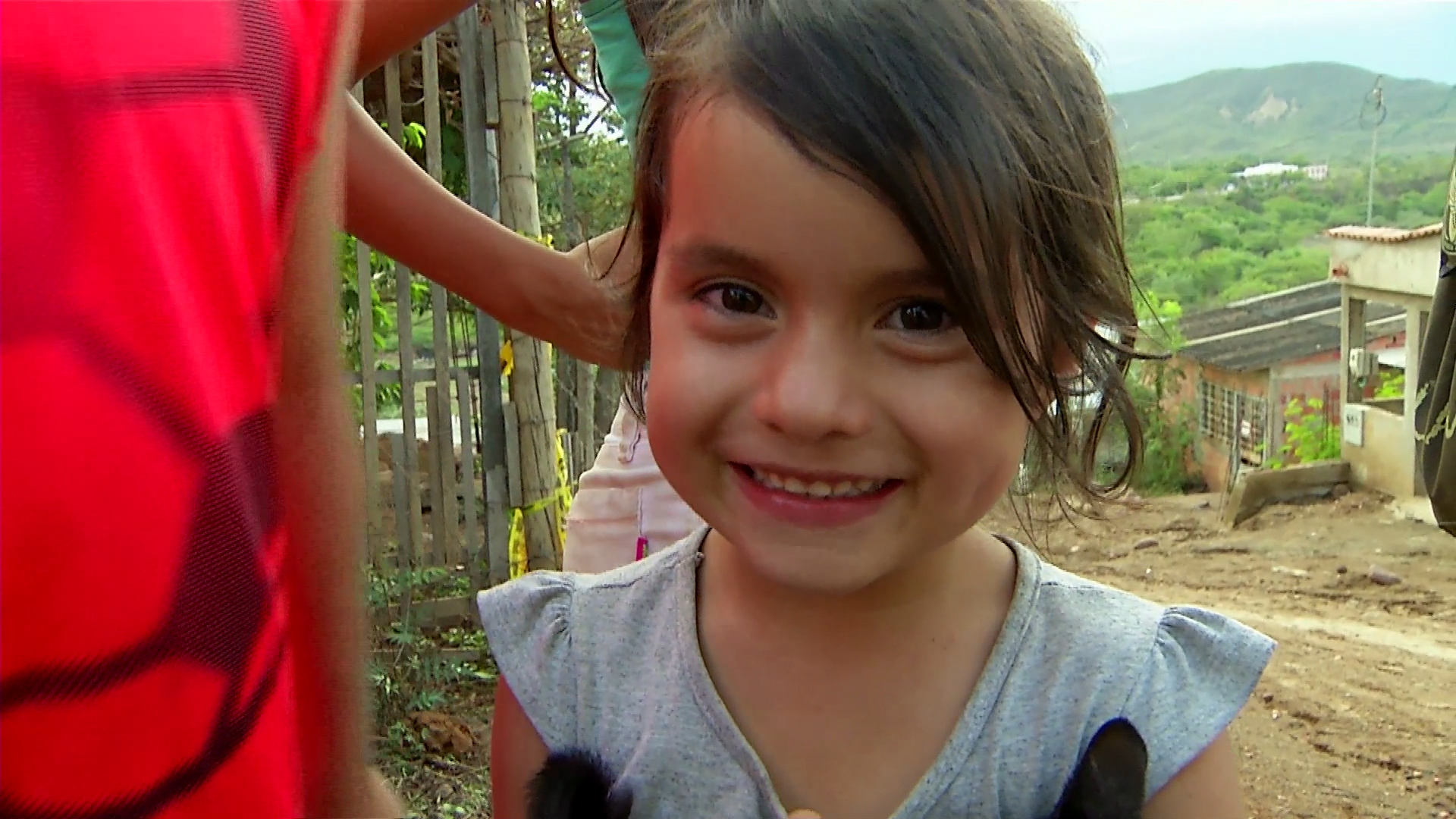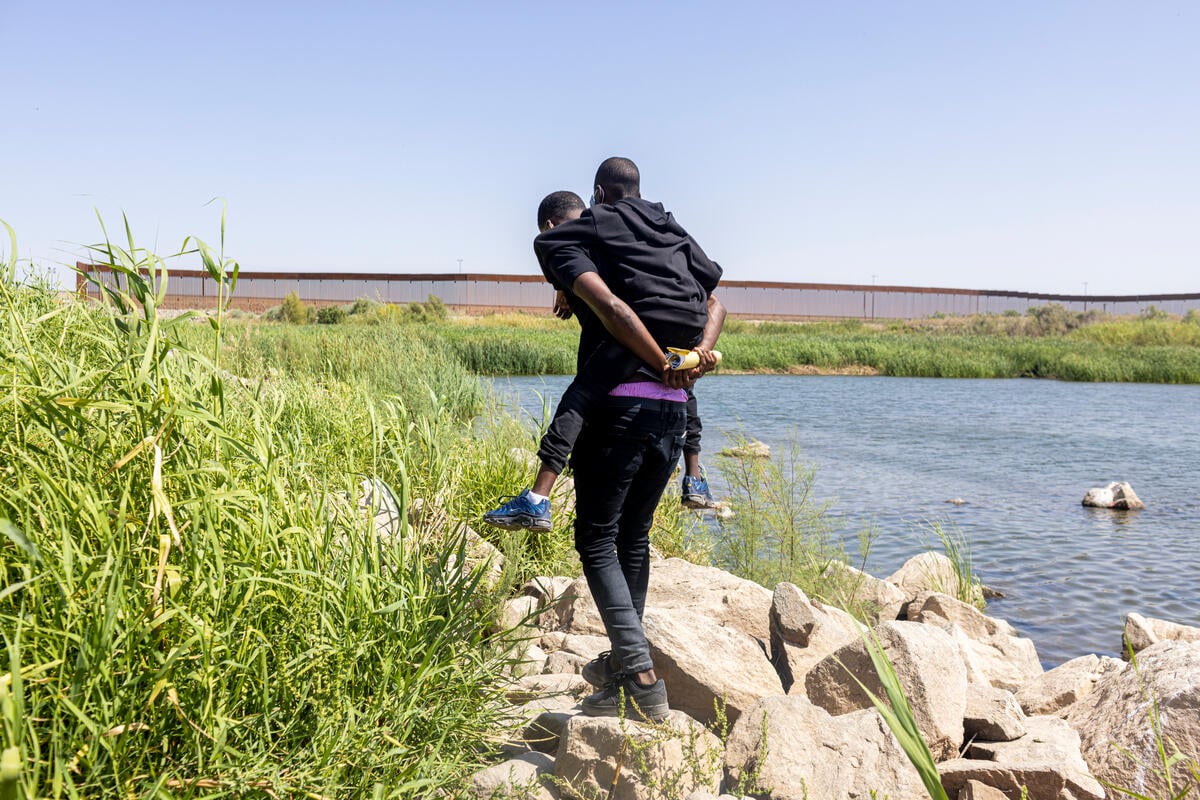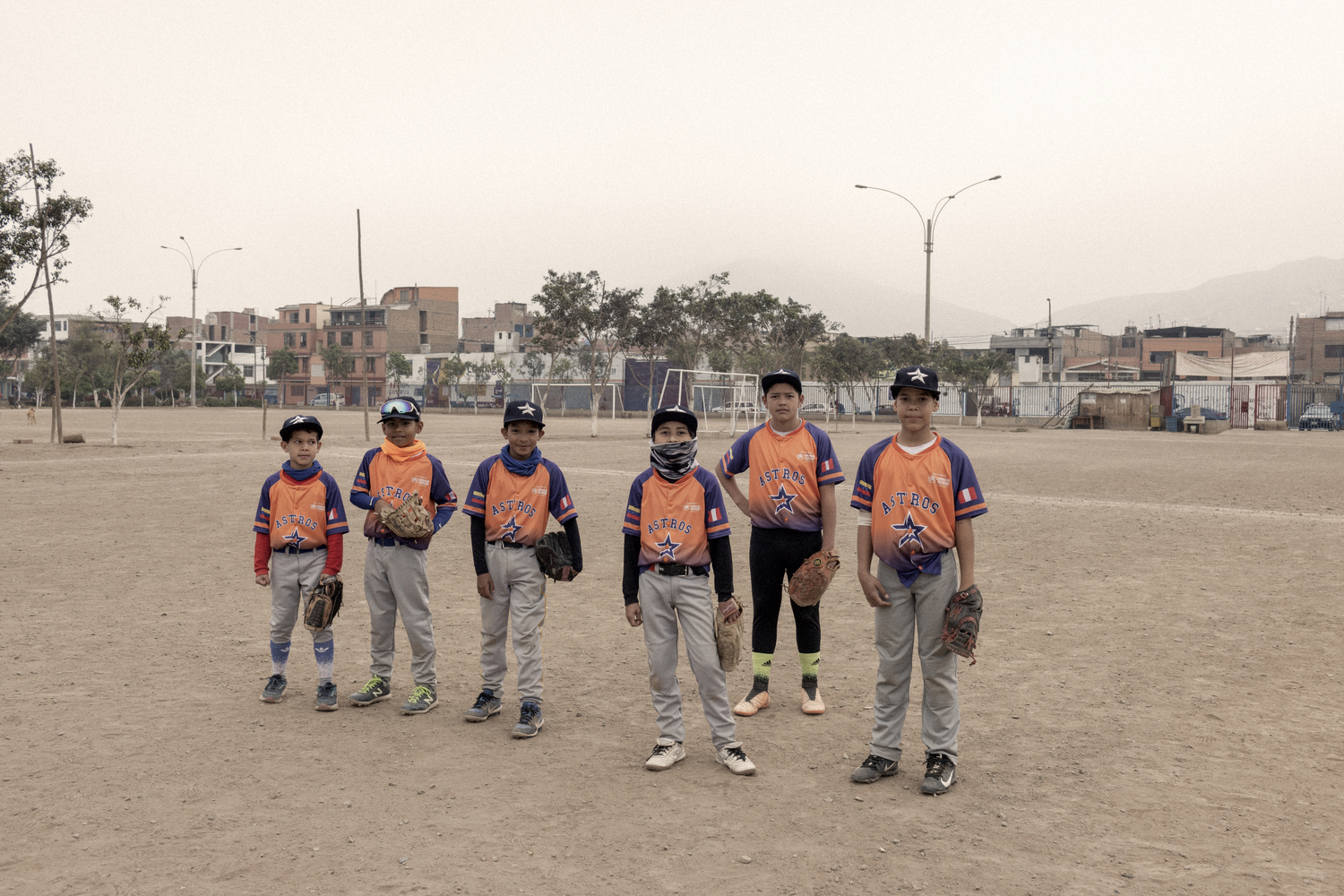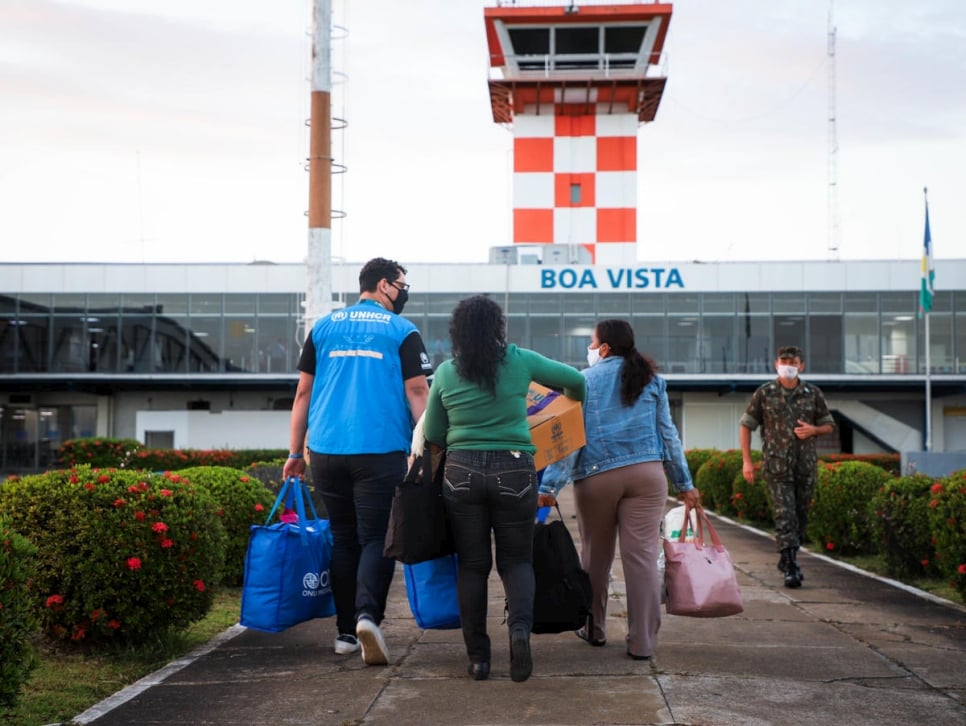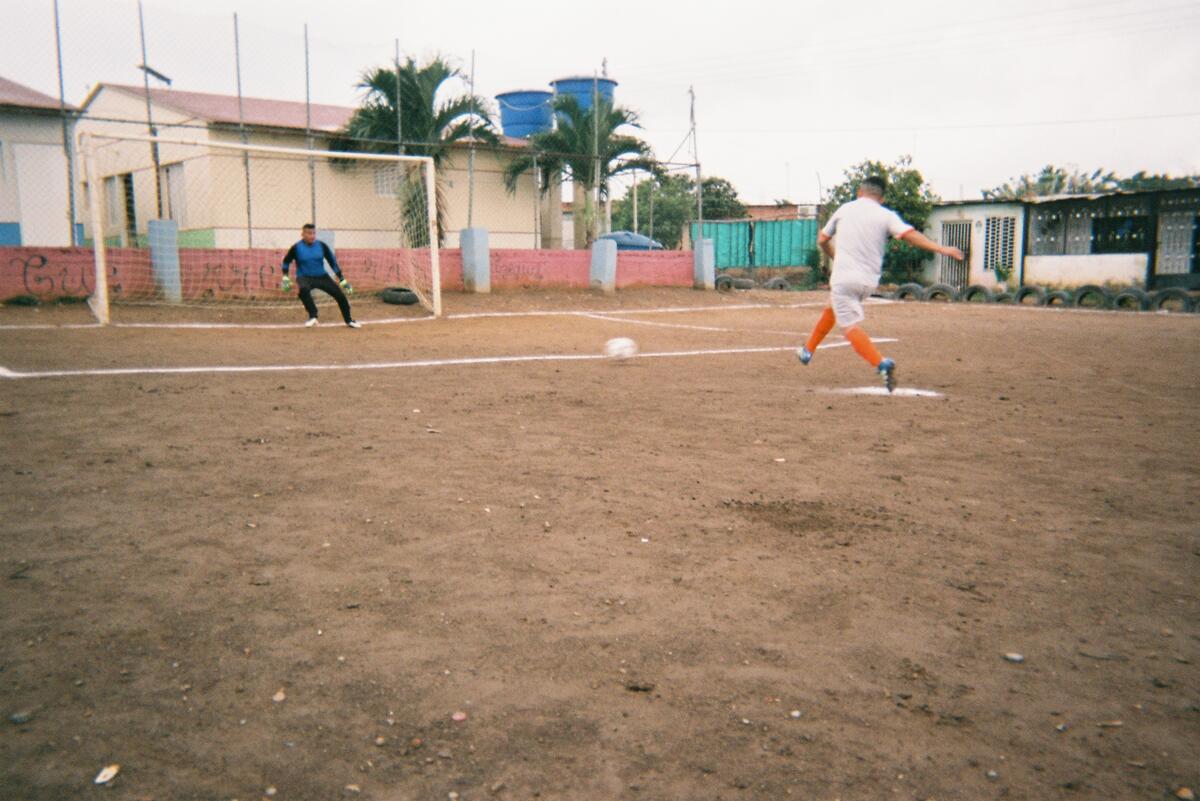Displaced Colombians open their doors to Venezuelan refugees and migrants
Displaced Colombians open their doors to Venezuelan refugees and migrants

When Graciela Sánchez first arrived in Las Delicias looking for safety, she only carried her two children and a small bundle of clothes with her. The armed conflict in Caquetá, western Colombia, took everything she had.
In 2007, Graciela decided to settle in a hilly suburb of Cúcuta, all the way to the east of Colombia, because it was near the border with Venezuela. Back then, the Venezuelan side was bustling with business and many Colombians would cross the border every day to go to work or buy goods.
“We Colombians depended on the border,” Graciela says.
Today, the reality is quite the opposite. Over three million Venezuelans have left their home country. An estimated 5,500 cross every day to Colombia with the purpose of staying in the country or continuing their journey southwards.
Over 35,000 people enter Colombia every day through the crossing in the North Santander region, many of them Venezuelans looking for protection, food or medicine who then return to their country.
“We have become a family.”
In Cúcuta, the main city on Colombia’s side of the busiest border point, health and social service providers are struggling to deal with the growing influx of Venezuelans.
In an example of true solidarity, neighbours of Las Delicias suburb have opened their arms and doors to those fleeing Venezuela. 23 families are currently hosting more than 150 Venezuelans in the community.
UNHCR, the UN Refugee Agency, supports this solidarity network by covering water and electricity costs. The families within the network identified this need as a priority to improve their life conditions.
“The programme in Las Delicias builds on five years of experience working with the displaced population in the neighbourhood, and it seeks to strengthen solidarity and to promote activities that benefit the community as a whole,” says Rafael Zavala, head of UNHCR’s office in Cúcuta.
Most neighbours of Las Delicias know very well what Venezuelans are going through – over 60 per cent of them were displaced by the armed conflict in Colombia and built this informal settlement they now call home. With the help of UNHCR, Las Delicias is today a legal neighbourhood of Cúcuta, which allows its community to access services and official investment.
“I lost everything. I arrived here with empty hands,” Graciela says. “After having been through that, I decided to open my door to Venezuelans.”
During her first weeks in Las Delicias, Graciela and her two sons, who were three and eight years old at the time, slept on the floor. The three of them got sick with dengue fever. “It was really hard in the beginning,” Graciela recalls.
A generous neighbour, Juan, offered her and her children a place to stay. A month later, she bought a small plot from him next door, and she started building her own house. She paid Juan back in small installments, since her salary as a part-time supermarket assistant was meagre.
Graciela made a promise to Juan: “One day, when you’re not able to work anymore, I will take care of you in my home.”
As more and more Venezuelans were arriving in Cúcuta seeking help, Graciela could not remain passive. She could see herself in them: “They are Venezuelans and we are Colombians, but we both had to experience the same: leaving our families; fleeing to look for opportunities; starving; and starting from zero.”
“I lost everything. I arrived here with empty hands.”
Jenire Rojas, 30, is one of the 18 Venezuelans currently living with Graciela. She arrived five months ago with her husband. Back in Tinaquillo, Venezuela the economic situation was so bad that they struggled to buy basic necessities like food, she says, and the family was starving. “The monthly minimum salary is not enough to cover food for two days,” she adds.
Jenire’s two children, who are 10 and three years old, are still in Venezuela. “I had never been away from my children before, not even for a weekend,” Jenire says. Her hope is to be able to bring them to Las Delicias before the end of the year.
“We came to Colombia looking for an opportunity we do not have back in Venezuela,” Jenire says.
Jenire and the other Venezuelans in the house are deeply grateful to Graciela. “She has been a great support for us, always telling us not to give up, to keep going,” Jenire says.
One of the things Jenire values the most is how Graciela fully trusts them. “Because we are acquaintances, but not family,” Jenire says.
Graciela has only been able to find work at a Chinese restaurant three days a week and her salary is not enough to maintain the whole community living under her roof. She even went into debt to buy a new plot and build a secondary home to host more Venezuelans.
Being so welcoming to Venezuelans has cost Graciela some friendships. Some people do not understand why she is opening her door to strangers.
“We came to Colombia looking for an opportunity we do not have back in Venezuela.”
The five Venezuelan families living in the compound show Graciela their gratitude every day. Even though they do not pay rent, they help her improve her house, a basic structure of naked red brick, and the two other small houses in the backyard.
“When we got here, there was no floor, the roof was falling apart,” Jenire recalls. They helped her with house repairs and about a month ago they installed gas. They regularly cook, clean and do laundry.
“We have become a family,” Jenire says.
In a side room with yellow curtains, lying on a wooden bed with a bandaged eye and skinny arms, is Graciela’s generous neighbour Juan, the one who first opened the doors of Las Delicias to her.
He is battling cancer and Graciela is taking care of him, as she once promised. “He is like my father,” she says. The Venezuelans in the house also keep a constant eye on Juan when she is not at home.
As she puts on her white and blue uniform to go to work, Graciela says: “We need to be patient. We don’t know what may happen in the future. Tomorrow it could be us too.”


